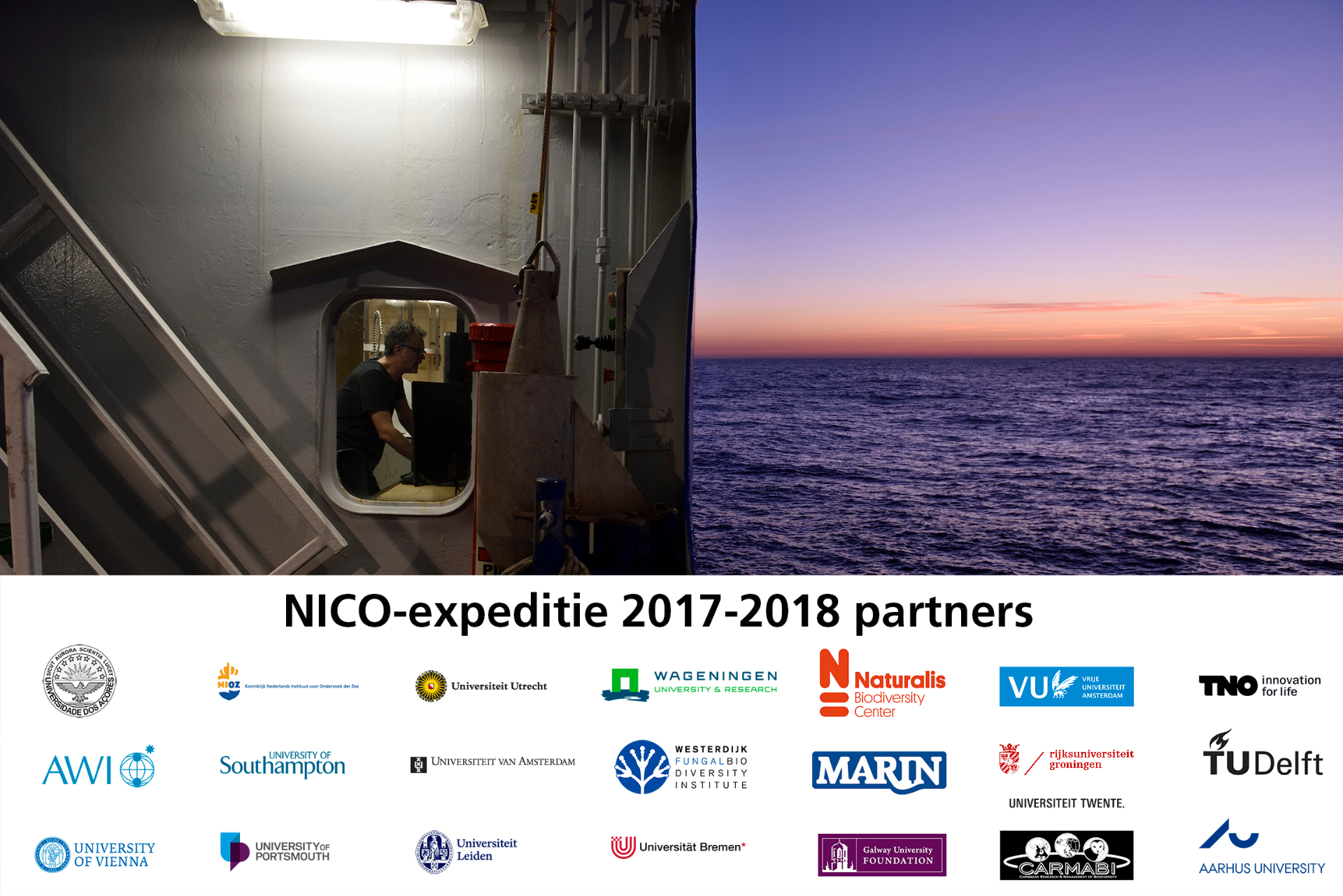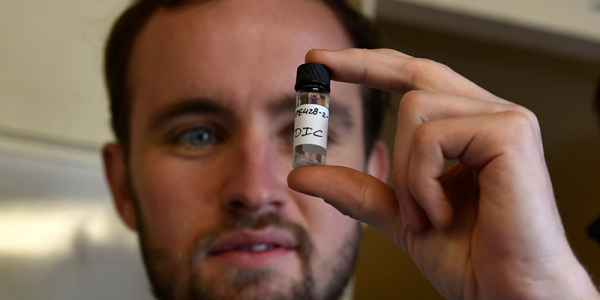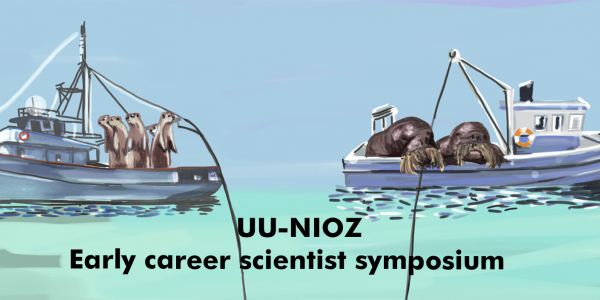Utrecht University NIOZ collaboration
Over the last decades, the NIOZ Royal Netherlands Institute for Sea Research has developed a strong collaboration with Utrecht University, with the faculties of Geosciences and Science in particular. Since 2015 we have intensified our collaboration on research and teaching in the fields of water and climate, such as the unique interdisciplinary Master’s programme Marine Sciences, the various Biology bachelor courses in Marine Sciences, symposiums, student work experience placements and joint research projects.
One of the most influential institutes
Our ten-year cooperation agreement, signed in 2015, includes a substantial financial involvement of Utrecht University in NIOZ. The funding is primarily invested in the quality of scientific staff, which is of great value for the quality and quantity of the scientific output of both institutes. In 2018, an international expert panel evaluated NIOZ as "one of the most influential oceanographic research institutes worldwide. World-leading, as measured by the highest quality research output and award of prizes." Also, NIOZ-UU marine science publications contributed significantly to Utrecht University ranking second best worldwide in the Academic (Shanghai) Ranking of World Universities, category Geography in 2018.
Thirteen pairs of scientists from Utrecht University and the Royal Netherlands Institute for Sea Research conduct joint research concerning the functioning of (coastal) seas and oceans. They carry out interdisciplinary research into pressing scientific and societal issues that tie in with the strategic themes of both organisations. In addition to the Faculties of Science and Geosciences, also the Faculties of Law, Economics and Governance, and Veterinary Medicine of the UU are involved. The projects are part of the agreement to intensify the collaboration UU-NIOZ (2016-2025), funded by UU. Combining complementary knowledge and research facilities and working together more intensively, increases the clout of these projects. This can be a first step on the road to broad, national programmes in which the entire knowledge chain works together. A similar, 2nd call for joint proposals is due on 1 July 2021.
Seed money for new collaborations
Other examples of collaborations between NIOZ and Utrecht University scientists:
The yearly UU-NIOZ Early Career Scientist Symposium to build and strengthen a community of early-career scientists between Utrecht University and NIOZ, making good use of each other's knowledge, laboratories and facilities.
NIOZ and Utrecht University are also offering 2-month paid Student Work Experience Placements. The aims are: to expose students to marine science, to encourage and foster more collaborations between scientists at both organisations.
NICO-expedition
In 2017 and 2018, Utrecht University was heavily involved in the large-scale, multidisciplinary ‘Netherlands Initiative Changing Oceans’ - NICO-expedition, organised by NIOZ and NWO and with an Utrecht University professor as the overarching chief scientist. Many Utrecht senior scientists, Post-docs, PhD students and Master’s students collected data on board of the research vessel Pelagia and became part of the Dutch seagoing research community.

Big societally relevant questions
Overall, the UU-NIOZ agreement creates strong cooperation from the delta to the deep ocean, addressing big societally relevant questions about our blue planet. How are coastal ecosystems coping with climate change, fisheries, habitat destruction and pollution? How do ecosystem engineers, such as reef-forming animals, or vegetation like salt marshes, mangroves and seagrass, affect the delta landscapes worldwide? How do we harness their services, such as nature based coastal defense, food provisioning, maintaining biodiversity, and recreation? What is the impact of the smallest marine life forms, on the global carbon cycle? What do environmental and climate reconstructions of the geological past tell us about the future.

